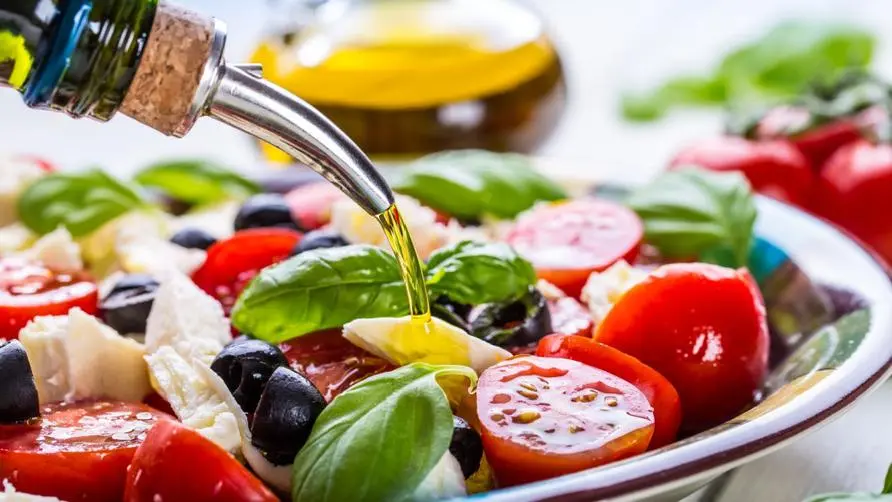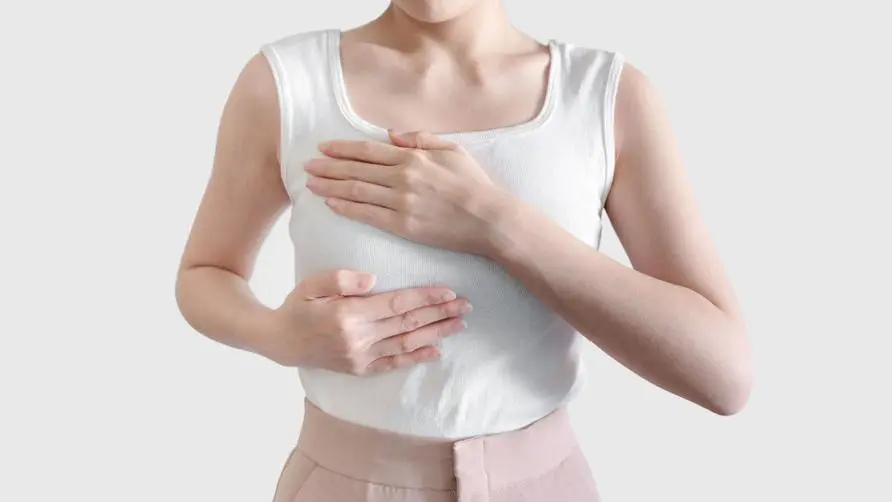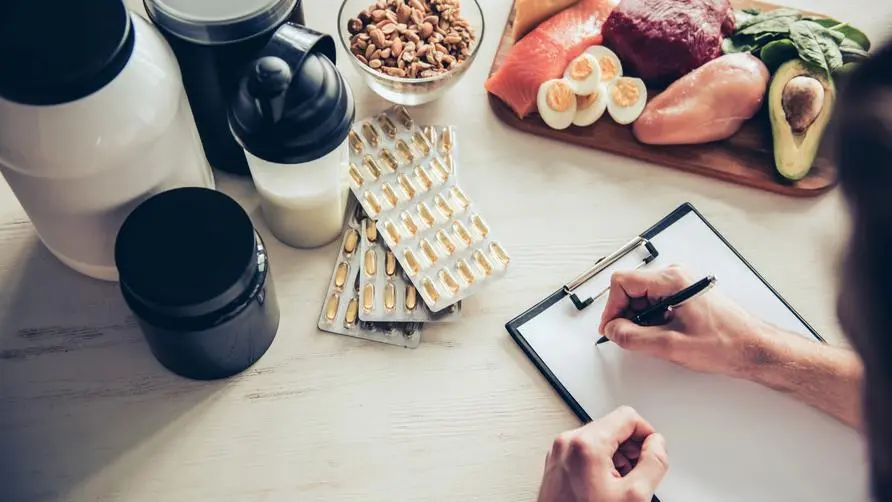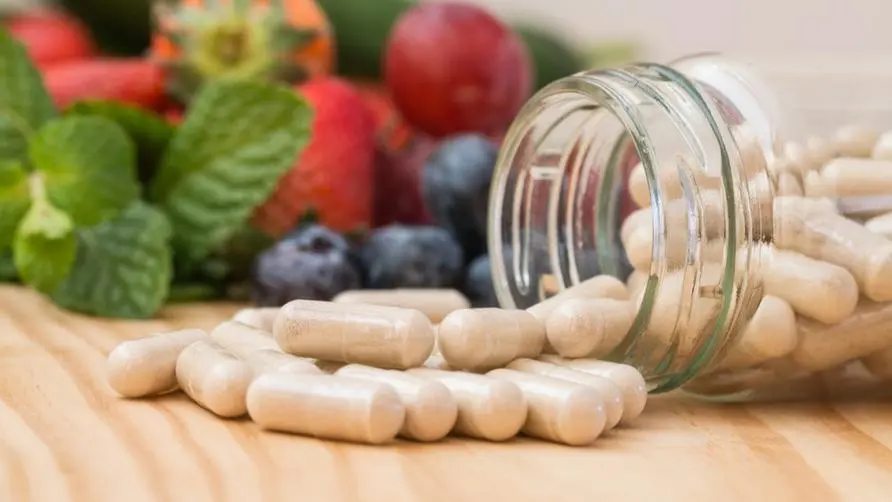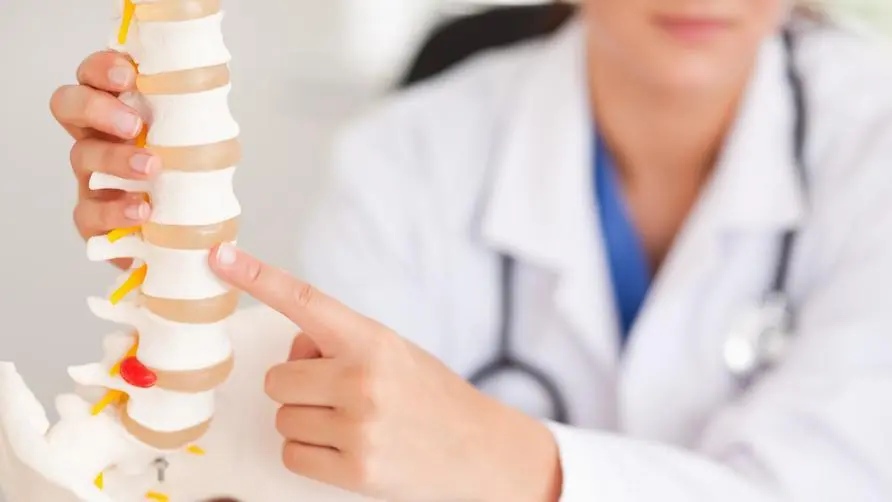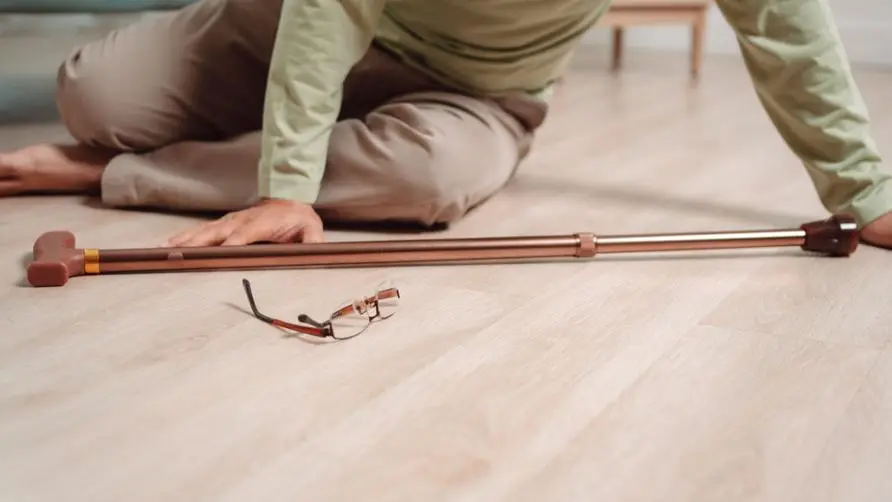Are you worried about "kidney stones" when taking calcium supplements after a fracture? Doctor: Insufficient calcium and hypocalcemia are potential risks
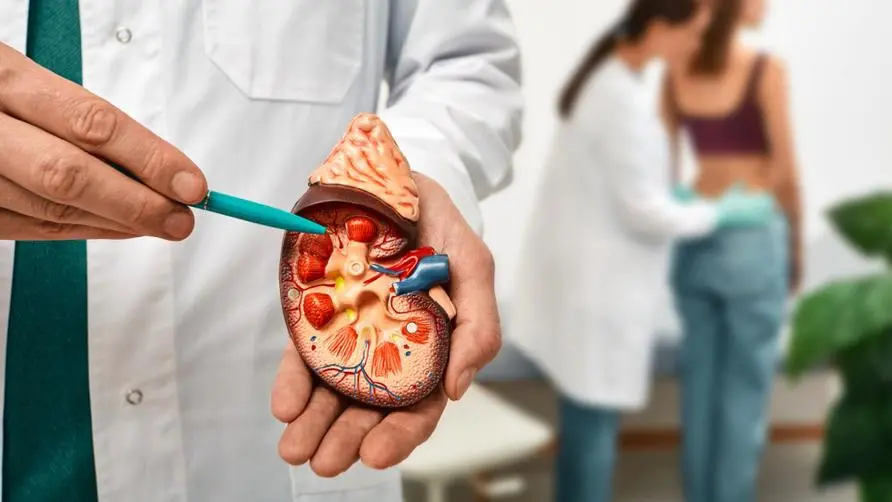
Calcium supplementation after fracture to avoid kidney stones? Are eating too salty and too heavy a risk?
Elderly people are more likely to have fractures, but are they worried about the risk of stones while taking calcium supplements? Dr. Hong Weijie, director of the Department of Preventive Medicine at E-Da Hospital, pointed out that a woman fractured her thigh after a fall. Because she was diagnosed with osteoporosis, she was advised to supplement vitamin D and calcium, and receive bone porosis drug injections. Patients are worried about kidney stones when they hear that they need calcium supplements. Dr. Hong Weijie reminded that according to research, appropriate calcium supplementation can reduce the occurrence of kidney stones. Heavy food and “eating too salty” are hidden landmines that increase the risk of kidney stones.
Dr. Hong Weijie said that a paper published in “The Journal of Urology” quoted data from the National Institutes of Health’s Women’s Health Promotion Program for analysis, and found that about 2.5% of 80,000 people developed kidney stones. Studies have found that increasing calcium intake can reduce the chance of kidney stones by 5-29%. Increasing sodium (salt) intake increases the risk of kidney stones by 11-61%; weight gain also increases the risk of kidney stones by 19-101%.
Dr. Hong Weijie pointed out that based on the research data, increasing calcium intake will actually reduce the occurrence of kidney stones. Eating too salty and taking in too much salt will increase the risk of kidney stones. In addition, being too fat will also increase the chance of kidney stones. Animal protein is similar to kidney stones. Comparatively irrelevant.
Will eating too little calcium cause stones? Doctor reveals the impact of “hypocalcemia”
Can eating calcium actually reduce the chance of kidney stones? Dr. Hong Weijie explained that the principle is related to “hypocalcemia”. When the calcium in the blood is too low, it will cause hyperparathyroidism. Parathyroxine’s job is to maintain adequate calcium in the blood. Once the body’s calcium levels decrease, parathyroid hormone secretion increases, pulling calcium out of the bones and releasing it into the blood.
In order to maintain normal blood calcium in the body, parathyroid hormone secretes hormones to increase the release of bone calcium when there is insufficient calcium, stimulates the synthesis of vitamin D, and reduces urinary calcium excretion. This leads to an increase in the calcium content in the urine. If the calcium in the urine increases, it may increase the chance of stones. In other words, as long as you supplement enough calcium to avoid hypocalcemia, you can prevent the risk of stones caused by hypocalcemia.
In addition, eating too salty and taking in too much sodium ions will also increase the risk of stones. Dr. Hong Weijie said that when too much sodium ions are taken in, more sodium will be excreted in the urine, which will also cause more calcium to be excreted in the urine, resulting in a decrease in calcium in the body, thus increasing the chance of stones. When more calcium is excreted in the urine, it will cause hypocalcemia, which will lead to hyperparathyroidism, which may later cause stone problems.
Monitor calcium to avoid overdosing or undersupplying calcium. If you have any questions, seek medical attention first.
There have been various studies analyzing whether calcium supplementation is related to kidney stones. Some studies believe that it may increase the chance of kidney stones, while other studies point out that it may actually reduce the risk of kidney stones. Dr. Hong Weijie believes that a more neutral approach is to monitor the calcium quality in the blood as appropriate to avoid excessive calcium supplementation and hypercalcemia. At the same time, attention should also be paid to insufficient supplementation and hypocalcemia.
After middle age, bone mass decreases by approximately 0.3%-0.5% per year. Lack of exercise and insufficient calcium will increase the risk of osteoporosis. Dr. Hong Weijie reminded that the general standard recommendation is that patients with osteoporosis should consume 1,200 mg of calcium daily. If you have any questions about calcium supplementation, you should first consult a medical clinic.
It is very certain that eating too salty and taking in too much sodium ions will significantly increase the chance of stone formation. People who like to eat heavy food or have osteoporosis and high risk of stone formation should pay special attention to this.
Further reading:
